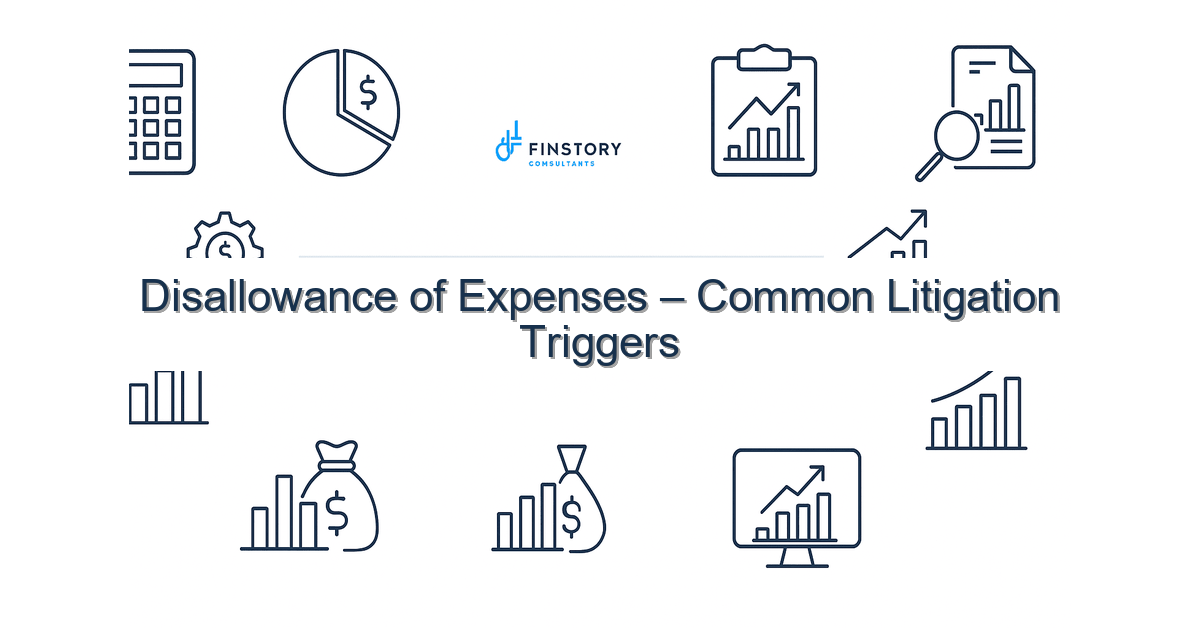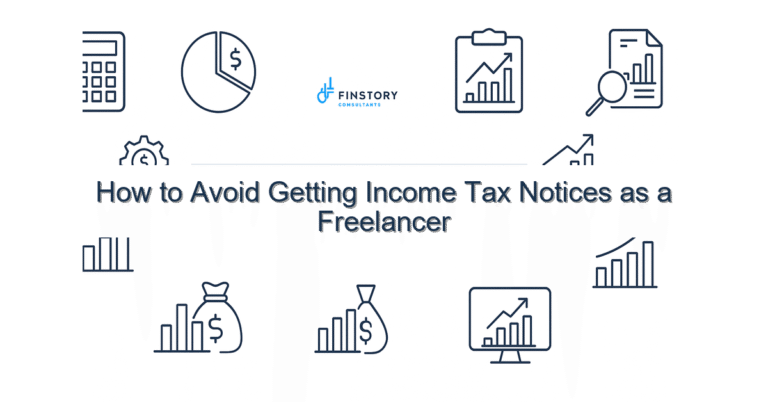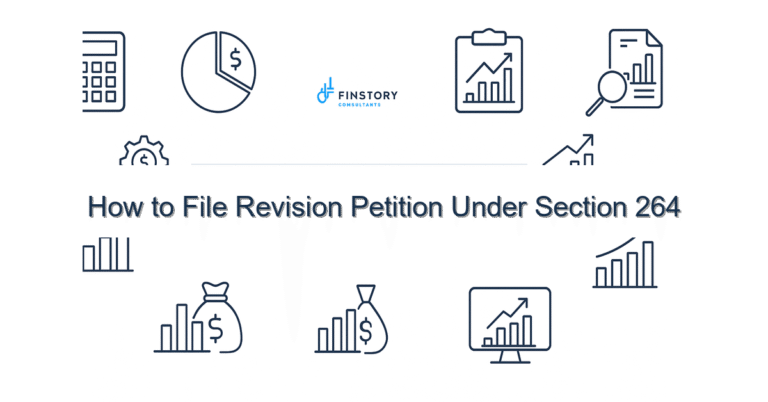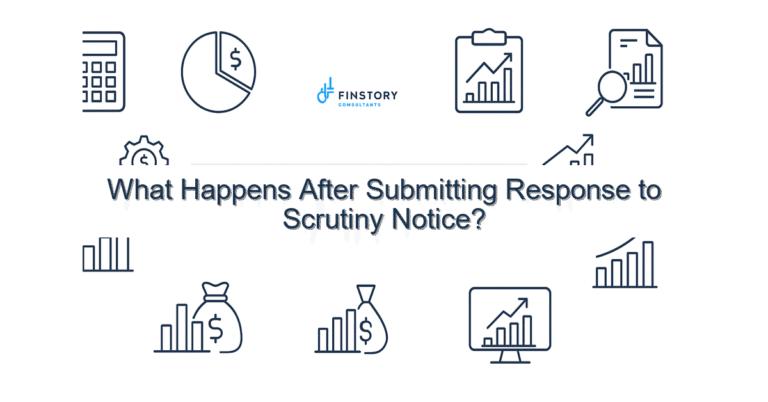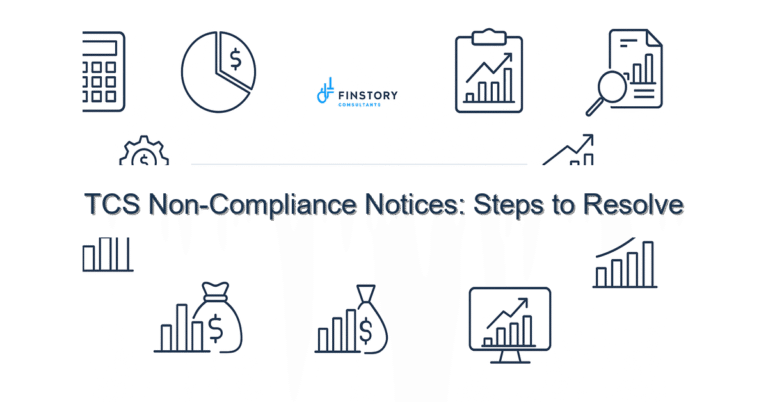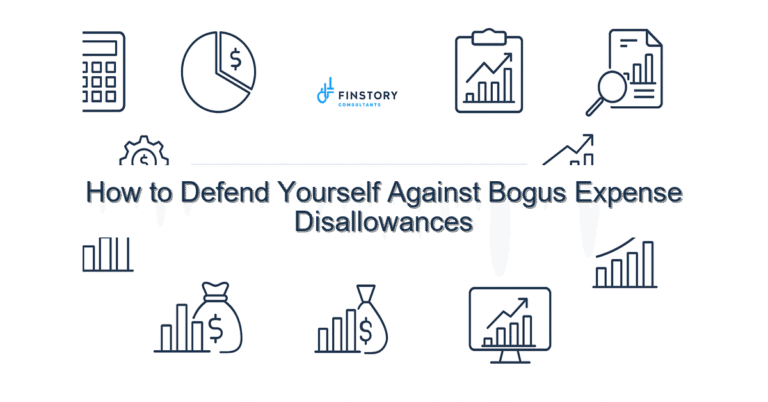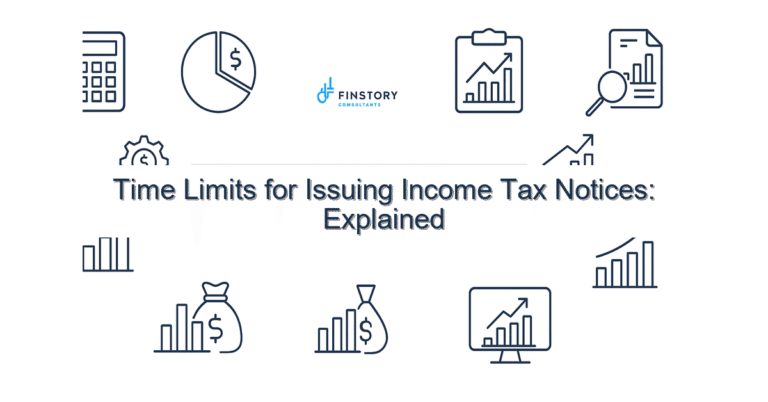Disallowance of Expenses – Common Litigation Triggers
We know how stressful a tax notice feels. One small disallowance can wipe out months of careful planning and even trigger penalties or litigation. If you are a salaried professional, founder or MSME owner, this guide helps you spot the common traps and act fast.
Summary: Expense disallowances are the top source of disputes in income tax india because small documentation gaps, TDS mistakes, and incorrect classifications turn legitimate business costs into contested items. Fix the process, track data, and get timely advice to reduce notices, preserve deductions and avoid litigation.
What’s the real problem in India?
The tax system expects taxpayers to translate everyday business realities into legal categories. Ambiguity over AY/PY (Assessment Year / Previous Year), late CBDT circulars or clarifications, and complex forms create mismatch between what you think is deductible and what tax officers accept. Add automated TDS/TCS checks and AIS/26AS reconciliation, and the margin for technical disallowance grows.
- Receipts or invoices not clearly linked to business purpose
- Expenses lacking supporting documents or correct GST treatment
- Failure to deduct or deposit TDS leading to Section 40(a)(ia) disallowance
- Misclassification between capital and revenue expenses
What people get wrong
Many taxpayers assume that having paid for a service or owning an invoice is enough. Common pitfalls are:
- Assuming all GST paid invoices are deductible without checking whether the supplier has discharged GST obligations
- Not reconciling TDS shown in AIS/26AS with your books before filing ITR, generating notices later
- Classifying capital expenditure as business expense, or claiming repairs as revenue without proof
- Ignoring Section 40(a)(ia) consequences when TDS is not withheld or not deposited on time
- Relying on memory for ITR filing last date and missing timely corrections or revised returns
A better approach
Adopt a pragmatic, documentation-first method. Here is a three-step framework that works for most taxpayers.
- Document the business purpose and maintain corroboration. For every expense, record the who, what, why and how it helps revenue generation. Keep invoices, contracts and proof of payment ready.
- Reconcile taxes and third-party reports monthly. Match TDS/TCS in books with AIS/26AS and supplier GST statements to plug gaps before e-filing.
- Classify and review expenses quarterly with a tax checklist. Separate capital vs revenue, personal vs business, and check against relevant sections like Section 37 and Section 40(a)(ia).
Real-world example: A small IT services firm claimed Rs 4.2 lakh as consultancy expenses. During scrutiny, the AO disallowed Rs 2.1 lakh because invoices lacked scope documents and payment evidence. After producing signed SOWs and bank confirmations the firm reduced the disallowance to Rs 30,000 and avoided penalty by engaging a tax advisor. A small process change saved them litigation costs and restored most deductions.
Quick implementation checklist
- Reconcile AIS/26AS with your books for the last 2 years this week
- List high-value expenses and attach contracts, invoices and bank proofs
- Run a TDS/TCS health check: confirm deductee PANs, deposit dates and challans
- Mark any capital purchases and maintain a fixed asset register
- Update GST reconciliation to confirm ITC eligibility and supplier compliance
- Check whether any expenses were reimbursed; maintain reimbursement policies and approvals
- Prepare a short tax memo for each major expense explaining business purpose
- If you are close to the ITR filing last date, gather these documents before filing to avoid future amendments
What success looks like
- Lower disallowances at assessment: reduction by 70 to 90 percent for documented items
- Fewer tax notices and faster resolution time, often within 30 to 60 days
- Higher refund realisation rate and fewer hold-ups due to TDS mismatches
- Reduced risk of penalty or interest linked to Sections 40 and 271
- Cleaner books that pass audits and support funding or exits for founders
Risks & how to manage them
Risk: Notice for disallowance due to poor documentation. Manage by keeping centralised digital records and bank confirmations. Risk: TDS defaults causing Section 40(a)(ia) disallowance. Manage by monthly TDS reconciliation and timely deposit. Risk: Misclassification of expenses. Manage with a quarterly review by a tax consultant who knows retail, services and startup nuances.
Tools & data
Use the following to reduce surprises:
- AIS/26AS and Form 26AS to reconcile TDS/TCS entries with your books
- Income tax e-filing portal for notices, refunds and communication tracking
- Basic TDS/TCS tracking tools or your accounting software to flag missing challans
- GST reconciliation modules to confirm input tax credit and supplier compliance
FAQs
Q: Will a missing invoice always lead to disallowance?
A: Not always. The AO looks for credible proof of business purpose. If alternate evidence like bank payments, contracts or digital records exist, you can defend the claim.
Q: How does failure to deduct TDS affect my expense claim?
A: Under Section 40(a)(ia) expenses may be disallowed if tax required to be deducted at source was not deducted or deposited. Reconcile TDS entries in AIS/26AS and deposit missing TDS quickly to reduce risk.
Q: Can I revise my return after ITR filing last date?
A: You can file a revised return within the statutory window allowed under the Income Tax Act. If the ITR filing last date is near, gather documents first to avoid multiple revisions.
Q: Do capital improvements qualify as deductions or need capital gains indexation later?
A: Capital expenses are not revenue deductions. They are added to the cost of the asset and impact capital gains. On sale, capital gains indexation rules may apply, so maintain a fixed asset register and supporting invoices.
Next steps
If you have a notice, unexplained disallowance or want to tighten processes before filing, act now. Simple reconciliations and a short tax memo can save large disputes later.
Work with Finstory. Speak with an Expert for a personalised plan to reduce your tax outgo and stay compliant. Book a free 20-min consultation.
📞 Need help with Income Tax in India?
Book a 20-min consultation with our tax team. Individuals, founders & MSMEs welcome.
Prefer email or phone? Write to info@finstory.net
or call +91 44-45811170.
